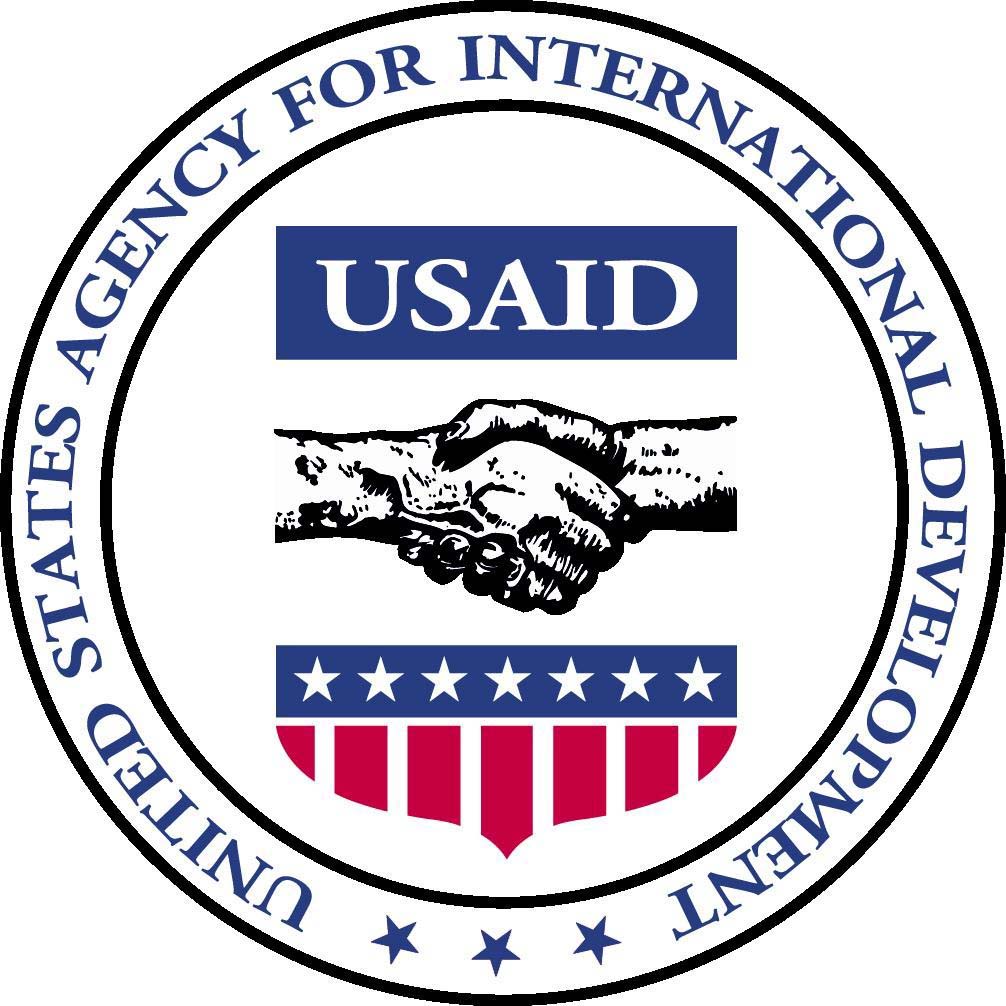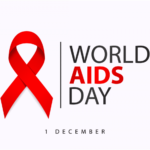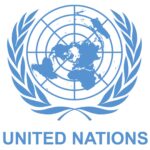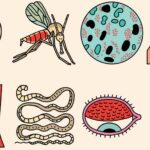USAID Urges Swift Action for Victims of Gender-Based Violence, Emphasizes the Power of Early Intervention

In a compelling call to action, the United States Agency for International Development (USAID) has urged victims of gender-based violence to seek help early, breaking the chains of silence that perpetuate such acts. Emphasizing the critical need for early intervention, Mission Director Melissa Jones delivered this crucial message during a webinar organized by USAID as part of the global 16 Days of Activism Against Gender-Based Violence campaign.
The yearly international campaign, themed “UNiTE! Invest to Prevent Violence against Women & Girls,” commenced on November 25 and will extend until December 10. Jones stressed the urgency of addressing gender-based violence (GBV) and highlighted the campaign’s overarching goal of uniting efforts to prevent violence against women and girls globally.
During the webinar, Jones underscored the detrimental impact of stigma and discrimination on survivors of violence. She emphasized the role of communities and women in providing support and embracing survivors, rejecting the isolation and shame often associated with GBV.
“If you are out there and know women and girls who have experienced violence, help them seek help. They should not suffer alone and in silence,” urged Jones. She further called on individuals to serve as safety nets, providing a protective cushion to shield survivors from the aftermath of violence.
USAID, committed to combating gender-based violence, operates a comprehensive humanitarian assistance program. This program includes establishing safe spaces, ensuring equitable access to relief materials for survivors, and supporting women and girls in rebuilding their lives.
Jones elaborated on USAID’s multi-sectoral approach, addressing issues of social isolation, gender inequality, and equity. The agency actively designs and co-creates programs for youths, aiming to combat emotional violence—one in six girls experiences this form of violence, which can be as damaging as sexual violence.
As Jones emphasized the importance of gender-specific programming and integration across all sectors of development, she revealed that USAID is making a strategic shift to fund local partners. Collaboration on developmental issues, she stressed, is pivotal for meaningful change.
“USAID is a partner with Nigeria on this important issue, and we will collectively fight it hand in hand as we see a new future for Nigeria—one without GBV,” declared Jones. She concluded by highlighting the agency’s commitment to inclusivity, recognizing that robust development hinges on community response and the participation of all, regardless of gender.
In closing, Jones asserted, “When you improve access for one group, you actually help everyone else,” encapsulating USAID’s holistic approach to creating a more equitable and violence-free future.



